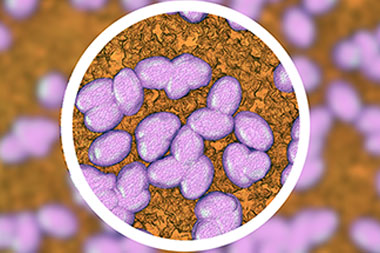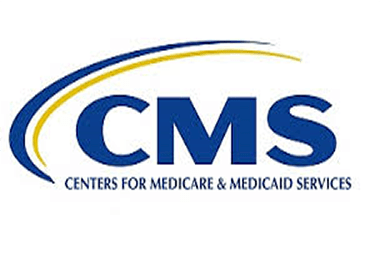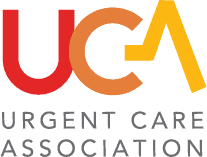It should not be terribly surprising to anyone that the massive government effort to incentivize quality has run into some serious challenges. Adjudicating quality has always been a briar patch of exceptions, confounders, red tape, and bias. To make matters worse, as with large government efforts, you end up with a whole bunch of unintended consequences that typically add cost and effort to the very practices that can handle it the least. As we all …
An Update on MIPS Readiness

If you read this newsletter and JUCM, you know the Merit-based Incentive Payment Systems (MIPS) offers a few options in an attempt to encourage participation and allow providers, essentially, to customize their participation to suit their practice. That includes when they start participating, within some limits. And if you read any news sources at all, you know there are more than a few wrinkles in the rollout. With that in mind, here are a few …
Archives- 2019
Jump to: January 15, 13(4): 1-46 February 15, 13(5): 1-50 March 15, 13(6): 1-46 April 15, 13(7): 1-50 May 15, 13(8): 1-46 June 15, 13(9): 1-50 July/August 15, 13(10): 1-50 September 15, 13(11): 1-46 October 15, 14(1): 1-46 November 15, 14(2): 1-50 December 15, 14(3): 1-50 January 15, Vol 13, No. 4, Pages 1-46 Letter from the Editor in Chief (PDF) Advanced Practitioners Help Advance the Urgent Care Cause Lee A. Resnick, MD JUCM. …
AHRQ Says It Needs Your Help to Improve Antibiotic Use

By now most Americans have gotten the message that inappropriate use of antibiotics is dangerous. And yet, patients persist in begging for a prescription when a clinician tells them they have a viral infection for which an antibiotic isn’t indicated. No one is more of aware of this than the urgent care provider, who is likely to hear those pleas multiple times every day. So, the Agency for Healthcare Research and Quality (AHRQ) is inviting …
Taking a QI Approach to Antibiotic Stewardship
In my previous column, I introduced why antibiotic stewardship is important to urgent care practice and presented some practical solutions to common scenarios that can lead to overprescribing of antibiotics. This month, let’s look at some efforts underway to promote stewardship through education and performance improvement initiatives. Quality improvement (QI) programs have several key components that apply very well to antibiotic stewardship initiatives; these can serve as a guide as you prepare your own plan …
Medicare Fee Schedule Proposes Urgent Care Specialty Measure Set

Among the proposed changes in the newly released 2019 Medicare Physician Fee Schedule (PFS) is a new urgent care specialty measure set. The Urgent Care Association and the College of Urgent Care Medicine had asked the Centers for Medicare and Medicaid Services to include 12 specific measures, 11 of which were included in CMS’s proposal. The creation of a proper set is expected to help urgent care providers select measures when fulfilling the quality component …
Doing the MACRA’ena—Part II
In my last column, I tried to explain the complicated math involved in calculating the potential financial impact of MACRA/MIPS on urgent care centers. I made the case for a significant return on investment for a typical urgent care with a typical mix of Medicare patients. Of course, all of the potential return depends on implementation of practical and efficient quality improvement programs that meet the measurement and reporting expectations outlined by the Centers for …
Do the MACRA’ena?
Corny titles aside, MACRA/MIPS is creating a great deal of uncertainty and anxiety among physician practices, and urgent care centers are no exception. I have seen a lot of urgent care news sources, including this journal, referencing the latest updates from CMS (or recent articles published by other organizations), but urgent care-specific analysis is in short supply. I frequently hear colleagues say, “Medicare is such a small percent of my business, it’s just not worth …
UCA Files Comments on Medicare QPP

The Urgent Care Association vowed to represent the industry’s interests when the Centers for Medicare and Medicaid Services (CMS) released its final rule implementing the Medicare Access and CHIP Reauthorization Act (MACRA) last October. In effect, CMS imposed guidelines for clinicians participating in Medicare’s Quality Payment Program (QPP), and defined two possible pathways: the Merit-Based Payment Incentive Program (MIPS) or the Advanced Alternative Payment Models (APMs). UCA made good on its promise this week by …
The Cost of Compliance Continues to Climb—Plan Accordingly

The Merit-Based Incentive Payment System (MIPS), the EHR incentive program, and other Medicare programs are driving the cost of complying with federal regulations through the roof, according to a new survey from the Medical Group Management Association (MGMA). The group says nearly half of practices in the U.S. spend more than $40,000 per full-time physician to keep up—while 14% say that figure is $100,000 or more per physician. The MGMA says the wide range is …
